10 Things You Need to Know About Security Cameras
Security cameras have become an essential tool for homeowners and business owners alike to protect their property and loved ones. They come in different types, sizes, and features, making it overwhelming to choose the right one for your needs.
In this blog, we'll discuss 10 things you need to know about security cameras to help you make an informed decision.
-
Types of security cameras
There are several types of security cameras, including wired, wireless, indoor, outdoor, and PTZ (pan-tilt-zoom) cameras. Wired security cameras require a physical connection to the recording device, while wireless security cameras transmit data through a Wi-Fi network. Indoor security cameras are designed for indoor use, while outdoor security cameras are weatherproof and designed to withstand harsh outdoor conditions. PTZ security cameras can pan, tilt, and zoom to cover a large area.
You should choose a camera that fits your specific need and requirements.
-
Resolution
Resolution refers to the number of pixels in an image, and it affects the quality of the footage. Common resolutions for security cameras include 720P, 1080P, and 4K. The resolution of a security camera determines the clarity of the footage captured. The higher the resolution, the clearer the image. High-resolution security cameras provide clear images, but they also require more storage space and may be more expensive.
-
Field of view
Field of view (FOV) refers to the area that a camera can cover. It's measured in degrees and affects the coverage area of a camera. A wider FOV means that the camera can cover more area, while a narrow FOV means that the camera can focus on a specific area.

>>> Outdoor PTZ Security Camera
>>> Indoor PTZ Security Camera
-
Night vision
Night vision is an essential feature of outdoor security cameras. It allows the camera to capture clear footage in low light or complete darkness. There are 2 types of night vision: infrared and color night vision. Infrared night vision uses infrared LEDs to illuminate the area, while color night vision uses ambient light to capture colored footage.

>>> Floodlight Security Camera

-
Motion detection
Motion detection is a useful feature that allows the camera to detect movement and trigger an alert. It can help you monitor your property and detect intruders. Some cameras come with advanced motion detection features, such as object detection, facial recognition, and line-crossing detection.
>>> Auto Tracking Security Camera
>>> Manual Tracking Security Camera
-
Storage
Security cameras require storage to store the recorded footage. There are 2 types of storage: local storage and cloud storage. Local storage refers to storing the footage on a physical device, such as an SD card or a hard drive. Cloud storage refers to storing the footage on a remote server, accessible through the internet.
Cloud storage allows you to store footage remotely, this can be useful if the camera is stolen or damaged.
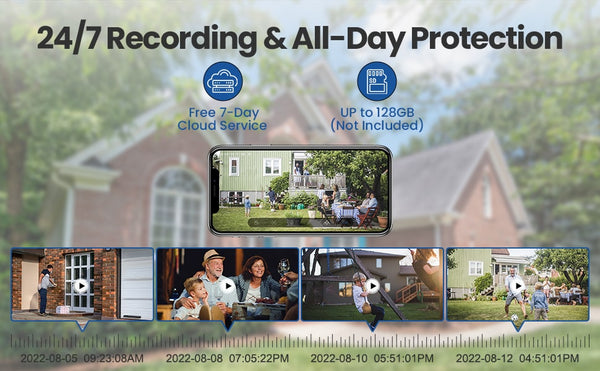
>>> Cloud Storage Service Plan
-
Connectivity
Connectivity refers to how the camera connects to the network. Wired surveillance cameras require a physical connection to the network, while wireless surveillance cameras connect through Wi-Fi or cellular networks. Some security cameras come with both wired and wireless connectivity options.
>>> Wi-Fi Connection Security Camera
>>> 4G LTE Cellular Security Camera
-
Power Source
Security cameras require a power source to function. Some security cameras come with a power cord that needs to be plugged into an electrical outlet, while others come with a rechargeable battery or a solar panel.
>>> Rechargeable Battery Powered Security Camera
>>> Solar Panel Powered Security Camera
-
Installation
Installation is an important consideration when choosing a security camera. Some security cameras require professional installation, while others are easy to install and can be set up by the user. Consider the complexity of the installation process before purchasing a camera.
>>> Special Magnetic Mount Security Camera
-
Cost
The cost of security cameras varies depending on the type, features, and brand. Wired cameras tend to be more expensive than wireless cameras. PTZ security cameras and security cameras with advanced features, such as facial recognition, are also more expensive than basic security cameras.
You should consider your budget when choosing a camera, but keep in mind that a higher-prices camera may offer better quality and features.
>>> Best Budget Home Security Camera
In conclusion, security cameras are an essential tool for protecting your property and loved ones. Understanding the different types, features, and considerations can help you make an informed decision when choosing a camera that meets your needs and budget.
Note: Laws around the use of security cameras vary by jurisdiction. You should ensure that you are familiar with any local laws or regulations before installing a security camera.
All About Your Security.
🛍️Shop Now
"If you liked this blog, you'll love the rest of our site! Follow along so you don't miss a great post!"


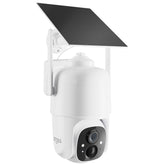




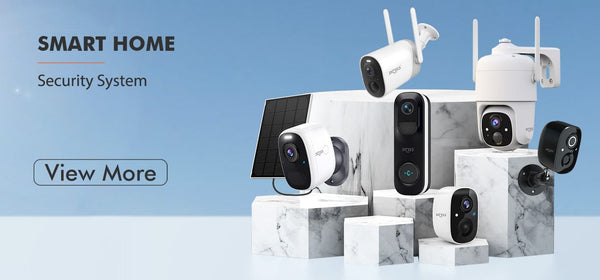
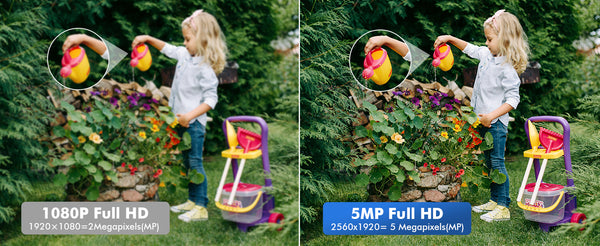


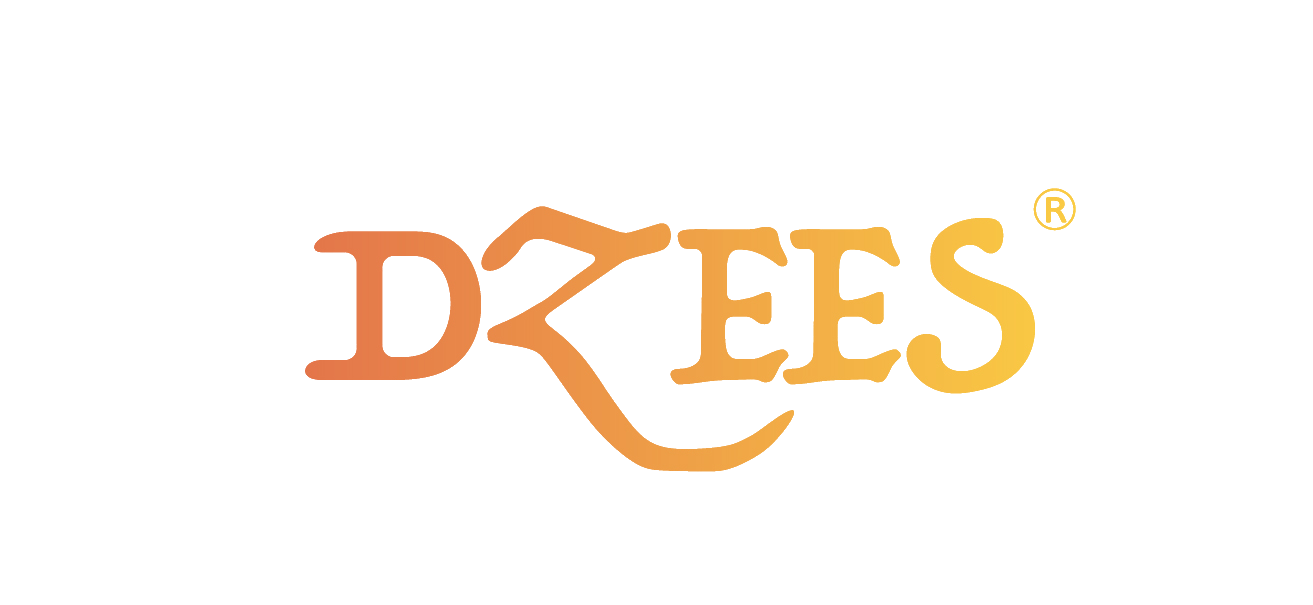
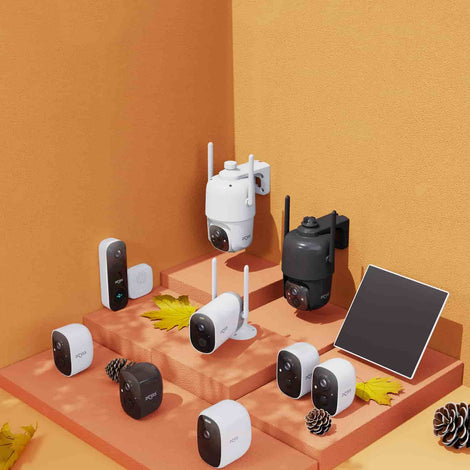
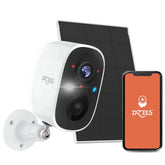

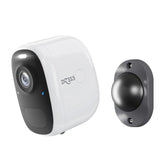

1 comment
Excellent blog! It provides a clear view of the various types of security cameras, making it easier to choose the right one. The emphasis on <a href = “https://ohzsecurity.com”> wireless security camera and their convenience for flexible placement is very helpful.
Leave a comment
All blog comments are checked prior to publishing